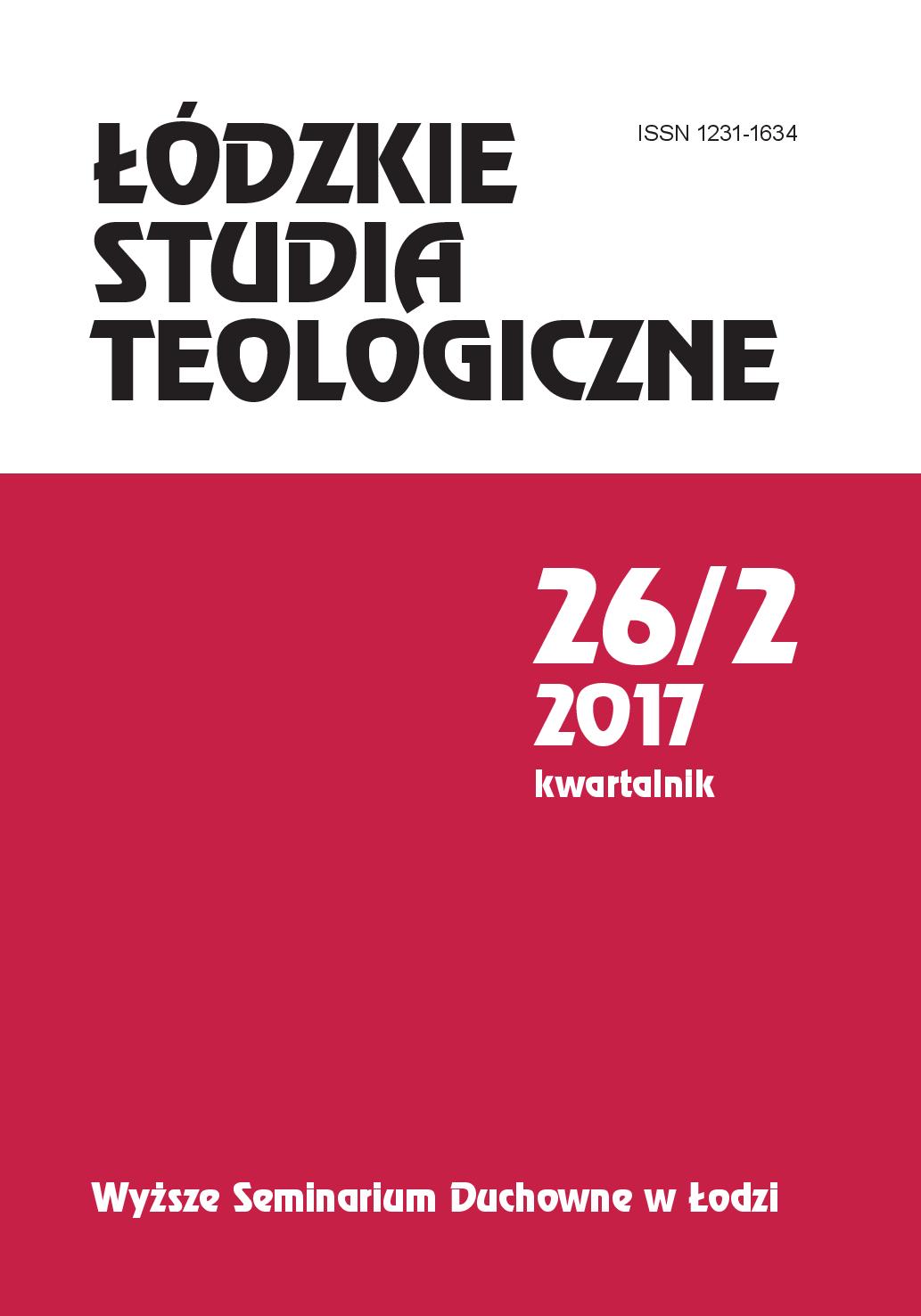Kryzys antropologiczny a unijna polityka
Anthropological crisis and EU politics
Author(s): Piotr MazurkiewiczSubject(s): Political psychology
Published by: Wyższe Seminarium Duchowne w Łodzi
Keywords: the Enlightenment; Christianity; civic religion; natural morality religion; anthropological crisis; liberal democracy; totalitarian democracy
Summary/Abstract: The Enlightenment did not suggest resignation from a great narration and did not postulate toreplace it with some minimalistic proposal of a lay state which openly confesses that it is not interestedand does not have any competence in the area of religion. It did not pass homo religiosus indifferently.It introduced into the politics an idea of the state and public space which is free from Catholic narration,originally for a civic religion, then for worldview neutrality. On behalf of the thesis of the end of great narrations, with time it introduced a great narration of “naked public space”, which – due to its exclusivitydemand – became a part of a political program for social promotion of atheism. The article presents the influence of the Enlightenment on the European culture, and in particularit pays attention to the anthropological crisis in Europe which is the consequence of the anti-Christiancharacter of this trend. Contemporary EU politics is a continuation of the Enlightenment ideas.
Journal: Łódzkie Studia Teologiczne
- Issue Year: 26/2017
- Issue No: 2
- Page Range: 69-89
- Page Count: 21
- Language: Polish

